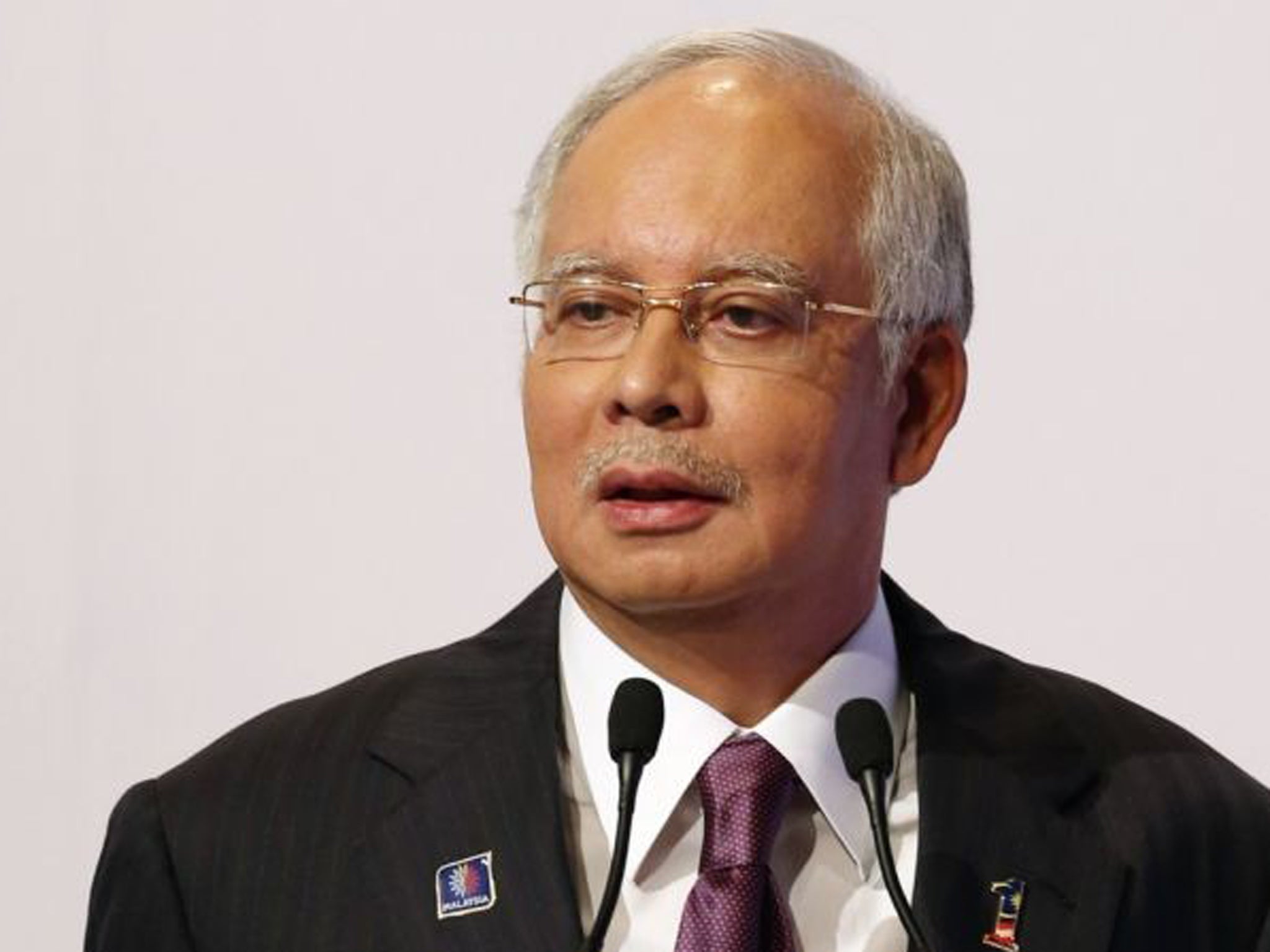
Your support helps us to tell the story
From reproductive rights to climate change to Big Tech, The Independent is on the ground when the story is developing. Whether it's investigating the financials of Elon Musk's pro-Trump PAC or producing our latest documentary, 'The A Word', which shines a light on the American women fighting for reproductive rights, we know how important it is to parse out the facts from the messaging.
At such a critical moment in US history, we need reporters on the ground. Your donation allows us to keep sending journalists to speak to both sides of the story.
The Independent is trusted by Americans across the entire political spectrum. And unlike many other quality news outlets, we choose not to lock Americans out of our reporting and analysis with paywalls. We believe quality journalism should be available to everyone, paid for by those who can afford it.
Your support makes all the difference.Malaysia's prime minister dissolved Parliament today to call for national elections expected later this month.
The polls will be fiercely contested between Prime Minister Najib Razak's long-ruling National Front coalition and opposition leader Anwar Ibrahim's three-party alliance.
Mr Najib said in a nationally televised address that he has obtained royal consent from Malaysia's constitutional monarch to dissolve Parliament immediately.
The Election Commission is expected to meet within a week to set a polling date. Voting must be held within two months but is widely expected by the end of this month.
Mr Najib urged Malaysians in his 15-minute speech to give the National Front a strong mandate so that it can work to improve "the fate of our children and grandchildren".
The National Front's current five-year mandate had been scheduled to end on April 30.
At stake are 222 seats in Parliament and control of 12 Malaysian states. The National Front won 2008 elections with less than a two-thirds parliamentary majority, its poorest results in more than five decades of uninterrupted rule since independence from Britain in 1957.
Mr Najib was marking exactly four years as prime minister today. He succeeded Abdullah Ahmad Badawi, who was pressured to step down after being blamed for weak leadership that contributed to the National Front's electoral setback.
Mr Anwar's opposition alliance wrested control of several states in 2008 by pledging to curb long-entrenched problems including corruption and racial discrimination.
Mr Najib has intensified efforts to win back support over the past year with measures such as channelling more funds to the poor and abolishing security laws that were widely considered repressive.
Most analysts believe Mr Najib's coalition will still have the upper hand because of its support in predominantly rural constituencies that hold the key to a large number of Parliament's seats.
AP
Join our commenting forum
Join thought-provoking conversations, follow other Independent readers and see their replies
Comments